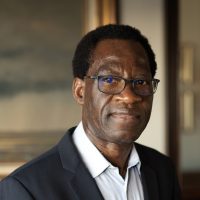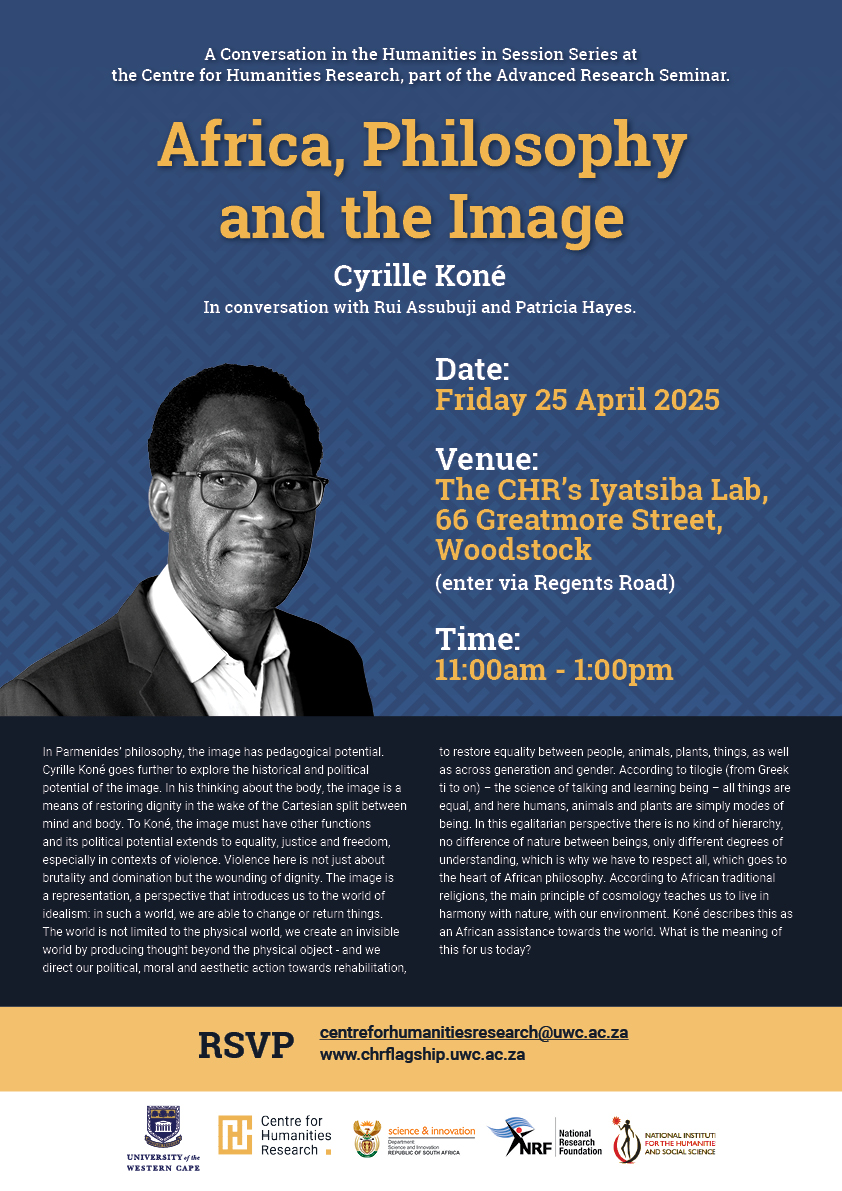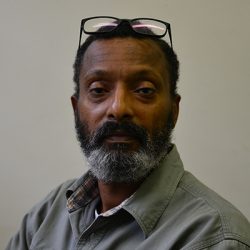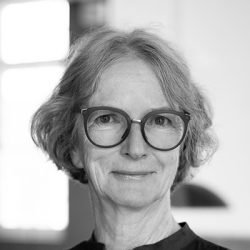Date:
Friday 25 April 2025
Time:
11:00am – 1:00pm
Venue:
The CHR’s Iyatsiba Lab,
66 Greatmore Street, Woodstock
(enter via Regents Road)
Speaker:
Cyrille Koné in conversation with Rui Assubuji and Patricia Hayes.
In Parmenides’ philosophy, the image has pedagogical potential. Cyrille Koné goes further to explore the historical and political potential of the image. In his thinking about the body, the image is a means of restoring dignity in the wake of the Cartesian split between mind and body. To Koné, the image must have other functions and its political potential extends to equality, justice and freedom, especially in contexts of violence. Violence here is not just about brutality and domination but the wounding of dignity. The image is a representation, a perspective that introduces us to the world of idealism: in such a world, we are able to change or return things. The world is not limited to the physical world, we create an invisible world by producing thought beyond the physical object – and we direct our political, moral and aesthetic action towards rehabilitation, to restore equality between people, animals, plants, things, as well as across generation and gender. According to tilogie (from Greek ti to on) – the science of talking and learning being – all things are equal, and here humans, animals and plants are simply modes of being. In this egalitarian perspective there is no kind of hierarchy, no difference of nature between beings, only different degrees of understanding, which is why we have to respect all, which goes to the heart of African philosophy. According to African traditional religions, the main principle of cosmology teaches us to live in harmony with nature, with our environment. Koné describes this as an African assistance towards the world. What is the meaning of this for us today?
Speaker Bios

Cyrille Koné
Cyrille Koné was born on July 19, 1965 in Bérégadougou, in the Water Fall region of Burkina Faso, where he attended school before studying philosophy at the University of Strasbourg II (France) from 1985. The title of his PhD thesis is ‘Metaphors in Parmenides.’ Recruited by the University of Ouagadougou (later Joseph Ki-Zerbo University) in 1994, he lives and observes the world from Burkina Faso as a full professor, and has held numerous visiting professorships in Africa and around the world. Cyrille Koné is the author of sixty scientific articles, twenty book chapters and several recent books including Sur la maîtrise de la violence (Paris, L’Harmattan, 2017) and Africa In-The-World (Berlin, Peter Lang, 2021). His essay entitled ‘L’éducation humaine. Jeu et quête de sens selon Jean-Pierre’ is currently in press.
Rui Assubuji
From Mozambique, Rui Assubuji is a research associate within the SARChI Chair of Visual History & Theory at the CHR. He built his professional background in video and photography, working for Mozambican National Television from 1985 and free-lancing since 1992. His PhD dissertation titled ‘Visual Struggle for Mozambique. Revisiting narratives, interpreting photographs (1850 – 1930)’ opens new tracks of historical analysis and methodology through a critical discussion of Mozambique’s photographic archives.
Patricia Hayes
Patricia Hayes is DSI/NRF SARChI Chair in Visual History & Theory.




